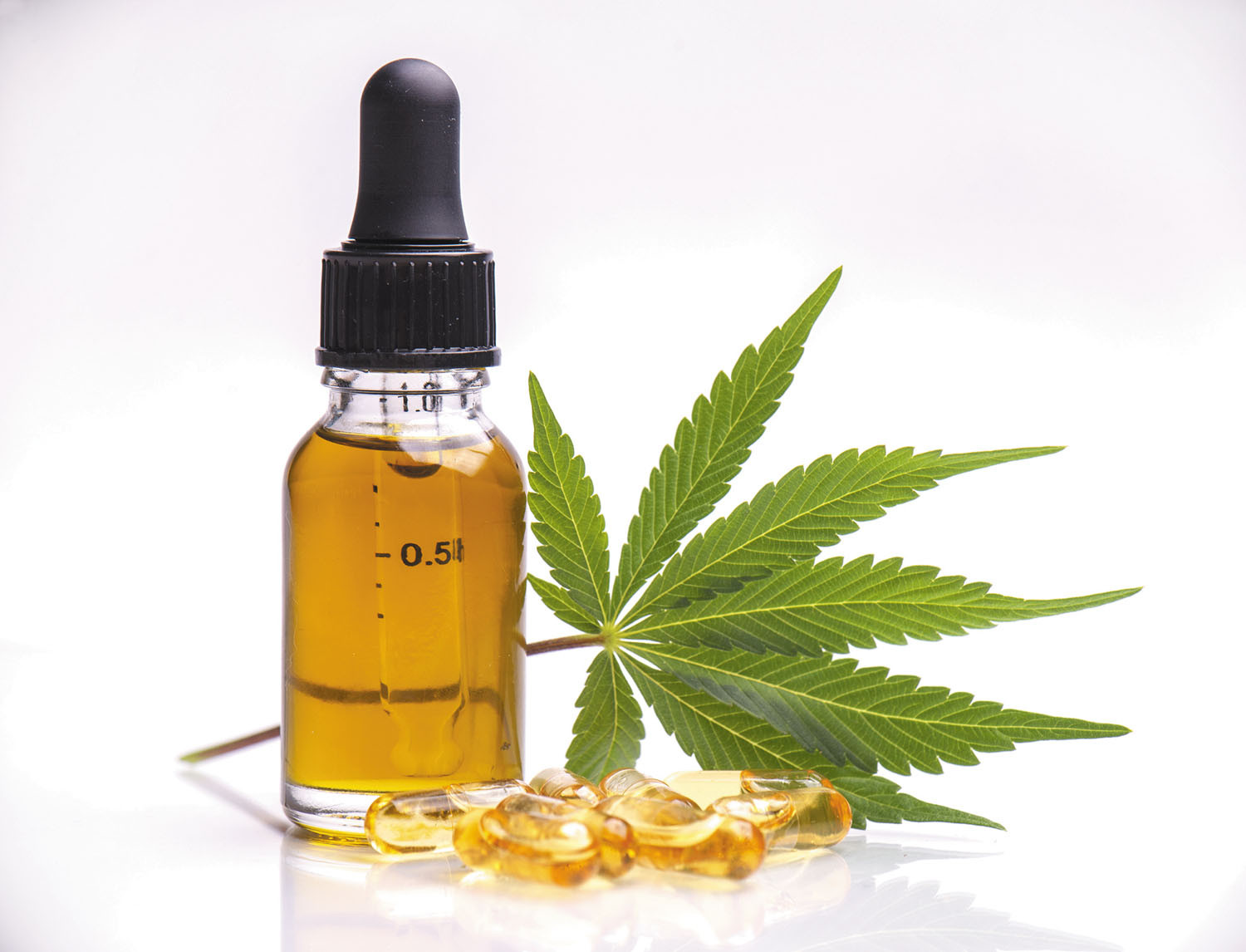
5 timeless habits for better health

What are the symptoms of prostate cancer?

Is your breakfast cereal healthy?

When pain signals an emergency: Symptoms you should never ignore

Does exercise give you energy?

Acupuncture for pain relief: How it works and what to expect

How to avoid jet lag: Tips for staying alert when you travel

Biofeedback therapy: How it works and how it can help relieve pain

Best vitamins and minerals for energy

Should you take probiotics with antibiotics?
Staying Healthy Archive
Articles
The right way to "do lunch"
Smart choices for your midday meal may help set the stage for healthier eating throughout the day.
The classic American lunch — a deli sandwich, potato chips, and a soda — isn't exactly heart-friendly fare. Even salad bars can be tricky to navigate when you're trying to choose a nutritious but satisfying lunch. In fact, more than half of employed Americans who usually eat lunch on the job find it hard to eat a healthy lunch, according to a recent survey from the American Heart Association.
"Helping people understand what makes a healthy lunch may help them eat fewer calories and maybe even inspire them to make healthier food decisions the rest of the day," says Dr. Anne Thorndike, associate professor of medicine at Harvard Medical School. In a study of nearly 5,700 hospital employees, she and colleagues found that labeling cafeteria foods with simple "traffic light" symbols that reflected their relative health value was linked to healthier choices by employees. They ate fewer calories, mostly by eating fewer high-fat, high-calorie "red light" foods and more "green light" foods (in which the main ingredient was fruit, vegetable, whole grain, lean protein, or low-fat dairy). What's more, these dietary shifts lasted over a period of two years. For employees who visited the cafeteria most frequently, the estimated drop in calories could translate to a weight loss of up to 4.4 pounds over time, says Dr. Thorndike. The study was published July 10 in JAMA Network Open.
Know the facts about CBD products
The extract from the cannabis plant is the hot new treatment for all kinds of ailments, but don't buy into it just yet.
Cannabidiol (CBD), extracted from the cannabis or hemp plant, has been promoted as the latest miracle cure for everything from aches and pains to anxiety and sleep disorders. There is a good chance you've heard a friend share his or her story about the wonders of CBD.
But is it miraculous — or just a mirage?
"CBD is being used over the counter in a range of ways that is not supported by the science," says Dr. Jordan Tishler, instructor of medicine at Harvard Medical School and president of the Association of Cannabis Specialists. "There is still much we don't know. But aggressive marketing, hype, and word of mouth have made CBD like a drug version of the emperor's new clothes. Everyone says it works, but lab studies suggest that it's really not what people think."
Should I get my vitamin D levels checked?
On call
Q. Are there any particular reasons why men should get a routine blood test to check for a vitamin D deficiency?
A. The importance of sufficient vitamin D for bone health has a long history. In the past few decades, several studies have suggested that vitamin D might have other health benefits as well.
Have a ball with exercise
Big, round, and soft, exercise balls can put some bounce back into your workouts.
They go by many names: Swiss balls, physio balls, stability balls, or simply exercise balls. No matter what you call them, one of these large, lightweight inflatable balls is one of the most versatile and supportive pieces of equipment you can own.
"Exercise balls are so simple in design and function, yet they can be used for all kinds of home and gym exercises," says Dr. Rachel Lampros, a sports physical therapist with Harvard-affiliated Massachusetts General Hospital. "They can add more benefits to standard exercises like dumbbell curls and sit-ups, and they're one of the best ways to help people with specific limitations. There's a good reason why they are so popular with trainers and physical therapists."
Counting daily steps can make you more active
In the journals
People who track their daily steps generally become more active and are less likely to develop certain health problems, suggests a study published online June 25, 2019, by PLOS Medicine. Researchers examined information on about 1,300 adults (41% men), ages 45 to 75, from two trials. Most were nonsmokers in good health and without cardiovascular disease. The people took an average of 7,500 steps a day and did about 90 minutes a week of moderate-to-vigorous physical activity.
For the trials, half the participants tracked their steps with a pedometer for 12 weeks while the others did not. The pedometer group also received handbooks on walking programs and regular interactions with nurses who offered support and helped them set fitness goals. Some continued to track their daily steps after the trials ended, while others said the experience helped them better gauge how many steps they take each day.
Problems with bloating? Watch your sodium intake
In the journals
If you suffer from regular bloating after eating, you may want to check your sodium intake, suggests a study published in July 2019 in The American Journal of Gastroenterology.
Scientists analyzed data from the Dietary Approaches to Stop Hypertension–Sodium trial (DASH-Sodium) from two decades ago. The original study compared the DASH diet — a high-fiber diet low in fat and high in fruits, nuts, and vegetables — against a low-fiber control diet. The study also looked at sodium intake as the participants consumed both high- and low-sodium versions of their diets. The study primarily focused on how dietary sodium affected blood pressure.
Cutting 300 daily calories improves several health markers
In the journals
Reducing your daily calorie intake by about 300 can improve the numbers for several health markers, according to a study published online July 11, 2019, by The Lancet Diabetes & Endocrinology.
Researchers recruited 218 adults with a body mass index of 22 to 27.9, which is in the range of normal weight and slightly overweight. For a month, half the participants ate three meals a day that reflected about a 25% reduction in their normal daily calorie intake. They also engaged in six months of group and individual counseling sessions. People in the other group continued their usual diet.
The trouble with excess salt
Sodium doesn't affect everyone equally, but there's good reason to stick to moderate amounts in your diet.
On average, Americans eat too much salt — more than a teaspoon and a half a day. Most often it doesn't come out of a shaker, but is hidden in the foods you eat. But is it really bad for your heart to eat too much, or is that just a concern for people with certain risk factors? There's been some debate on this topic, even among members of the scientific community. We asked Nancy Cook, a professor of medicine at Harvard Medical School, for her thoughts on salt — or more precisely, sodium, a mineral that makes up 40% of salt — and how it affects your health and your heart.
Is salt really bad for your heart?
"There is a fairly undisputed effect of sodium on blood pressure," says Cook. The effect is stronger in people with high blood pressure (hypertension), a sustained blood pressure reading of 120/80 or higher. The data for an effect on cardiovascular disease are somewhat more controversial, she says, but in general, the bulk of research does seem to link lower sodium intake with both lower blood pressure and a lower risk of cardiovascular disease.
Don't give up on grains
Whole grains contain fiber and nutrients that can help your health.
It's a low-carb world, and many people are pushing grains off their plate in an effort to control their waistline. But they may be doing their body a disservice. Whole grains have some unique properties that make them a valuable addition to the diet. Not only do they contain a host of nutrients, such as iron, B vitamins, copper, zinc, and magnesium, but studies have linked diets rich in whole grains to a lower risk of colon cancer, which is a growing health threat for many younger Americans.
"The main benefit of whole cereal grains, such as wheat, oats, and barley, is in the fiber," says Teresa Fung, adjunct professor in the Department of Nutrition at the Harvard T.H. Chan School of Public Health. "Cereal fiber is different from vegetable fiber or bean fiber."
Beware of potential health risk related to supplements
Research we're watching
Do you know someone who is taking supplements in hopes of boosting their energy levels, gaining muscle, or losing weight? You may want to warn them about potential dangers. A study published online June 5, 2019, by the Journal of Adolescent Health found that products sold to boost energy, promote weight loss, or build muscle were linked to three times the number of severe medical events compared with vitamins. Researchers came to this conclusion after looking for supplement-related adverse events reported between January 2004 and April 2015 to the FDA. In total, they identified 977 cases of harm linked to supplements. Of those, 40% were severe medical events that resulted in death or hospitalization. While energy, weight loss, and muscle-building supplements appeared to be the riskiest, products sold to promote sexual function or to cleanse the colon were problematic as well. The FDA has found that some of these supplements contain dangerous substances or contaminants, such as pesticides, harmful chemicals, or heavy metals. Past studies have connected weight-loss and muscle-building supplements with serious, sometimes fatal, health problems, including liver damage, stroke, and testicular cancer.
Image: ronstik | Getty Images

5 timeless habits for better health

What are the symptoms of prostate cancer?

Is your breakfast cereal healthy?

When pain signals an emergency: Symptoms you should never ignore

Does exercise give you energy?

Acupuncture for pain relief: How it works and what to expect

How to avoid jet lag: Tips for staying alert when you travel

Biofeedback therapy: How it works and how it can help relieve pain

Best vitamins and minerals for energy

Should you take probiotics with antibiotics?
Free Healthbeat Signup
Get the latest in health news delivered to your inbox!
Sign Up








